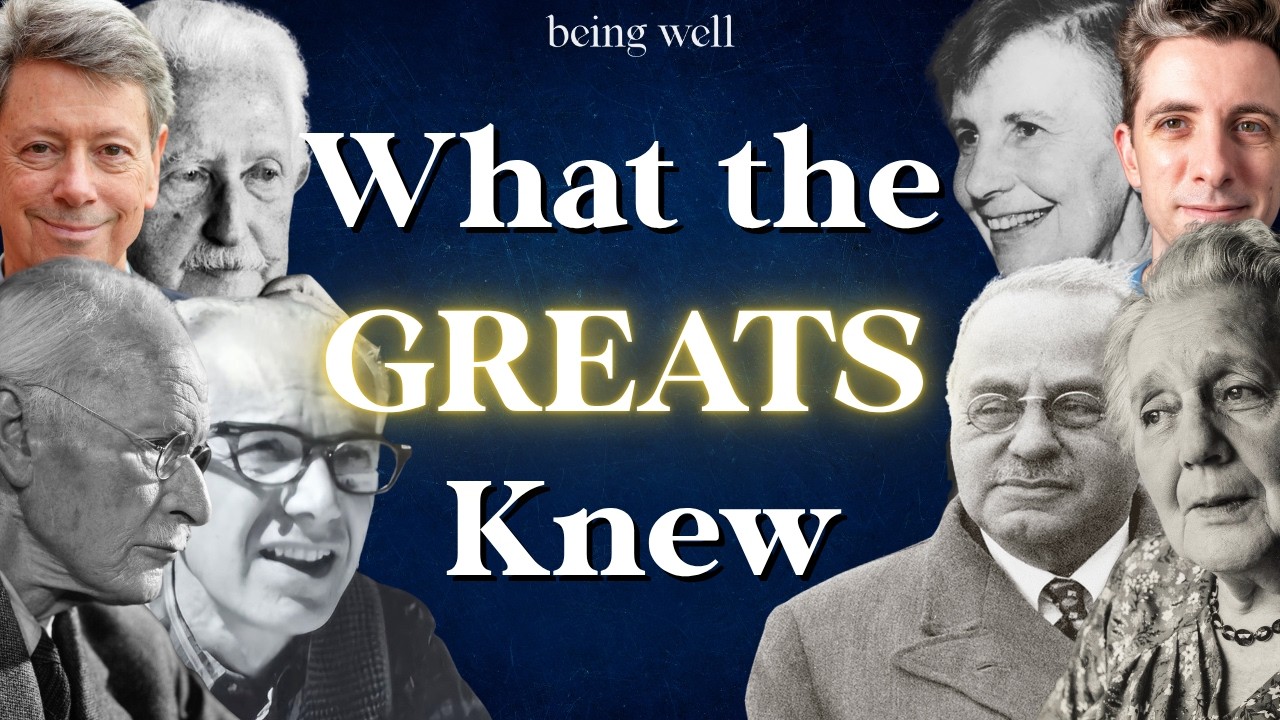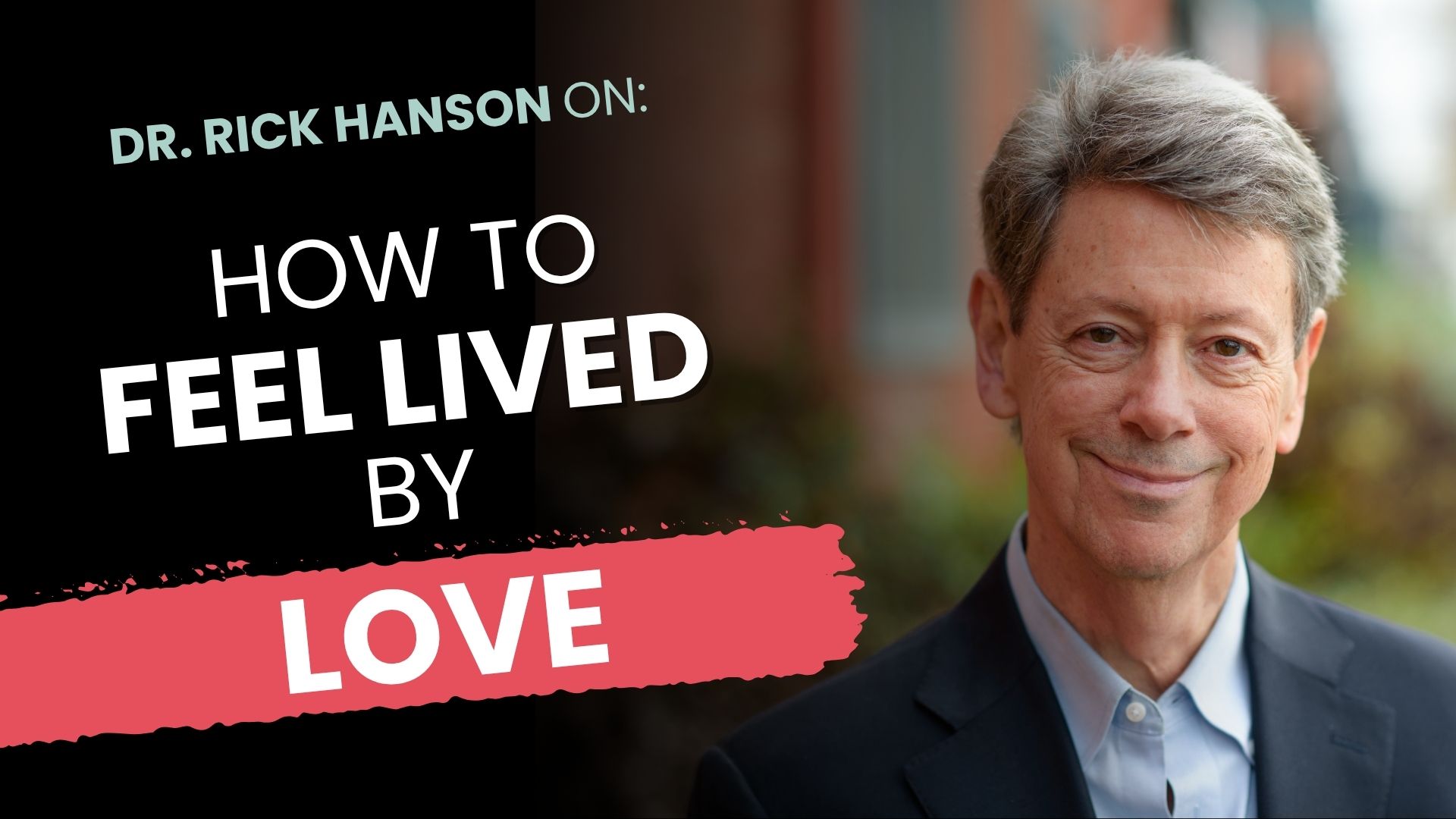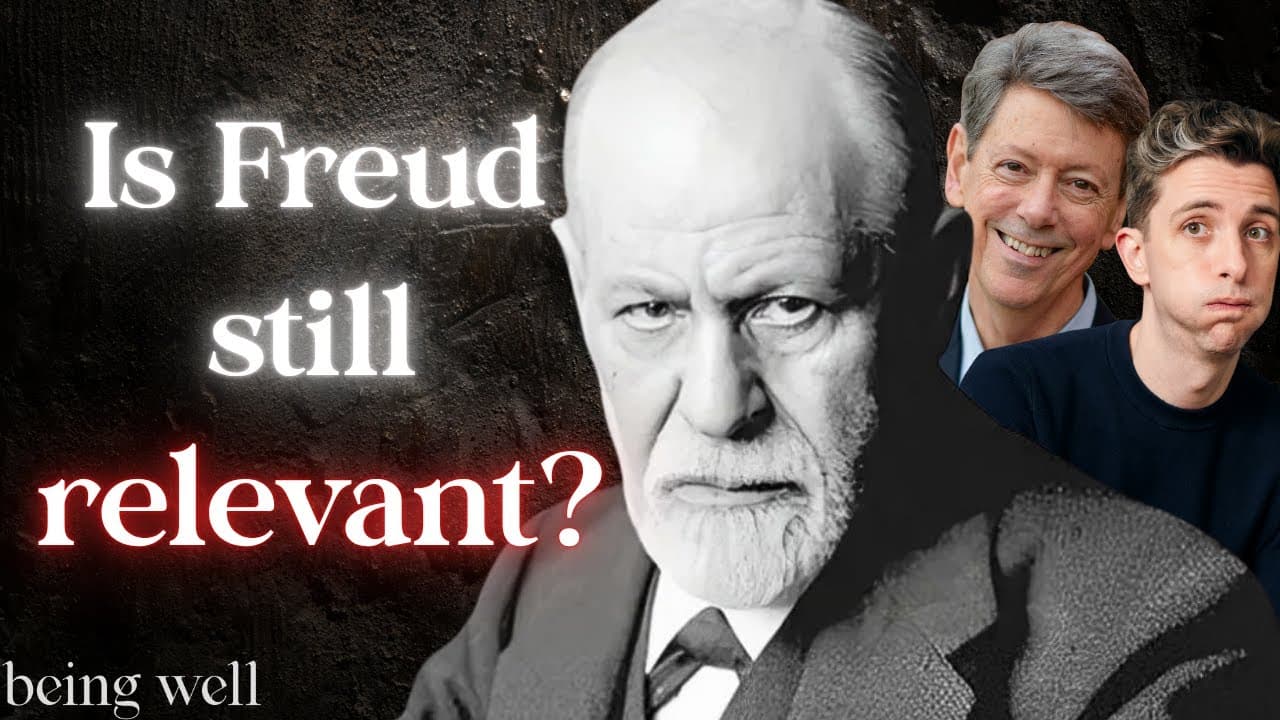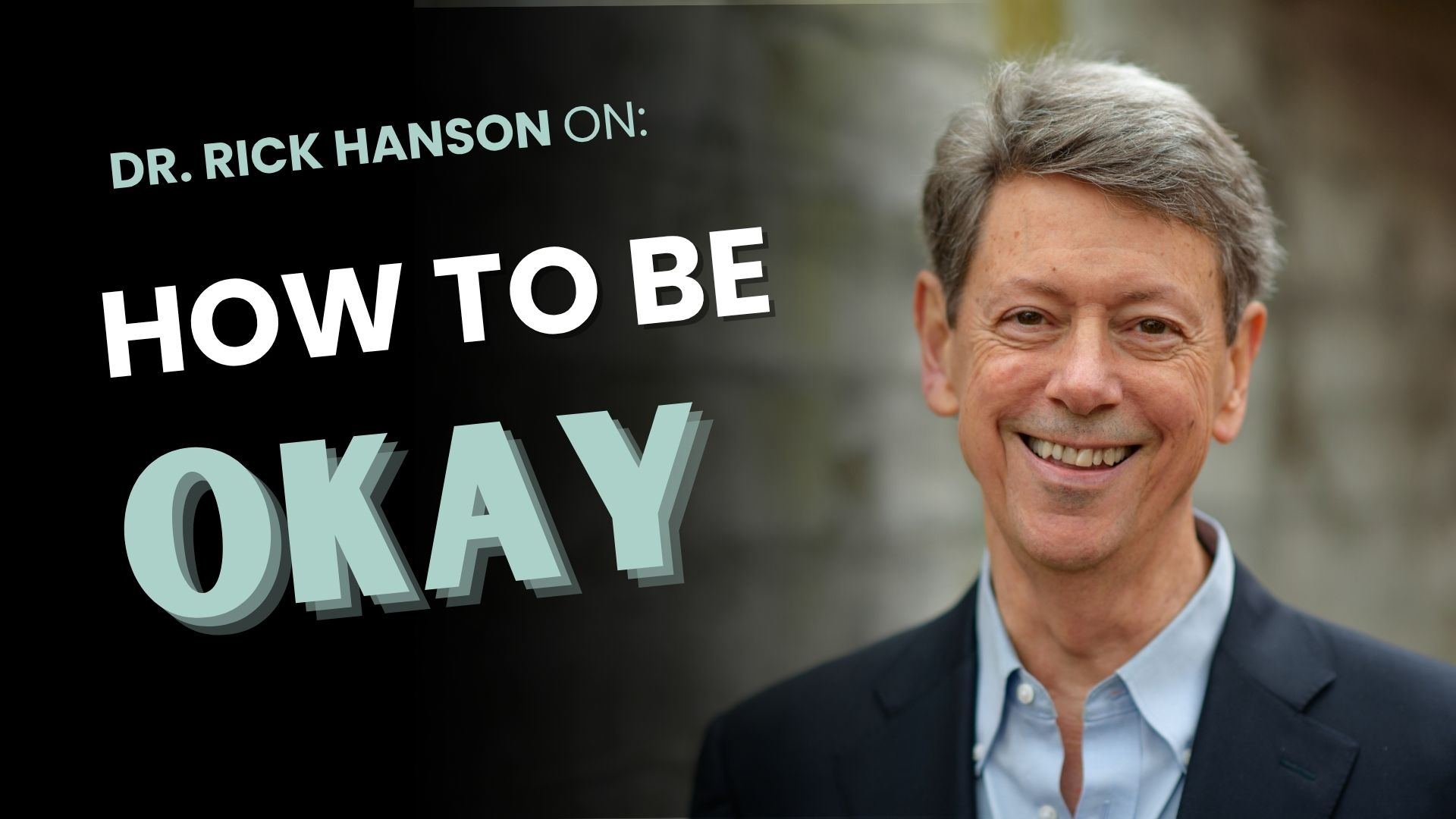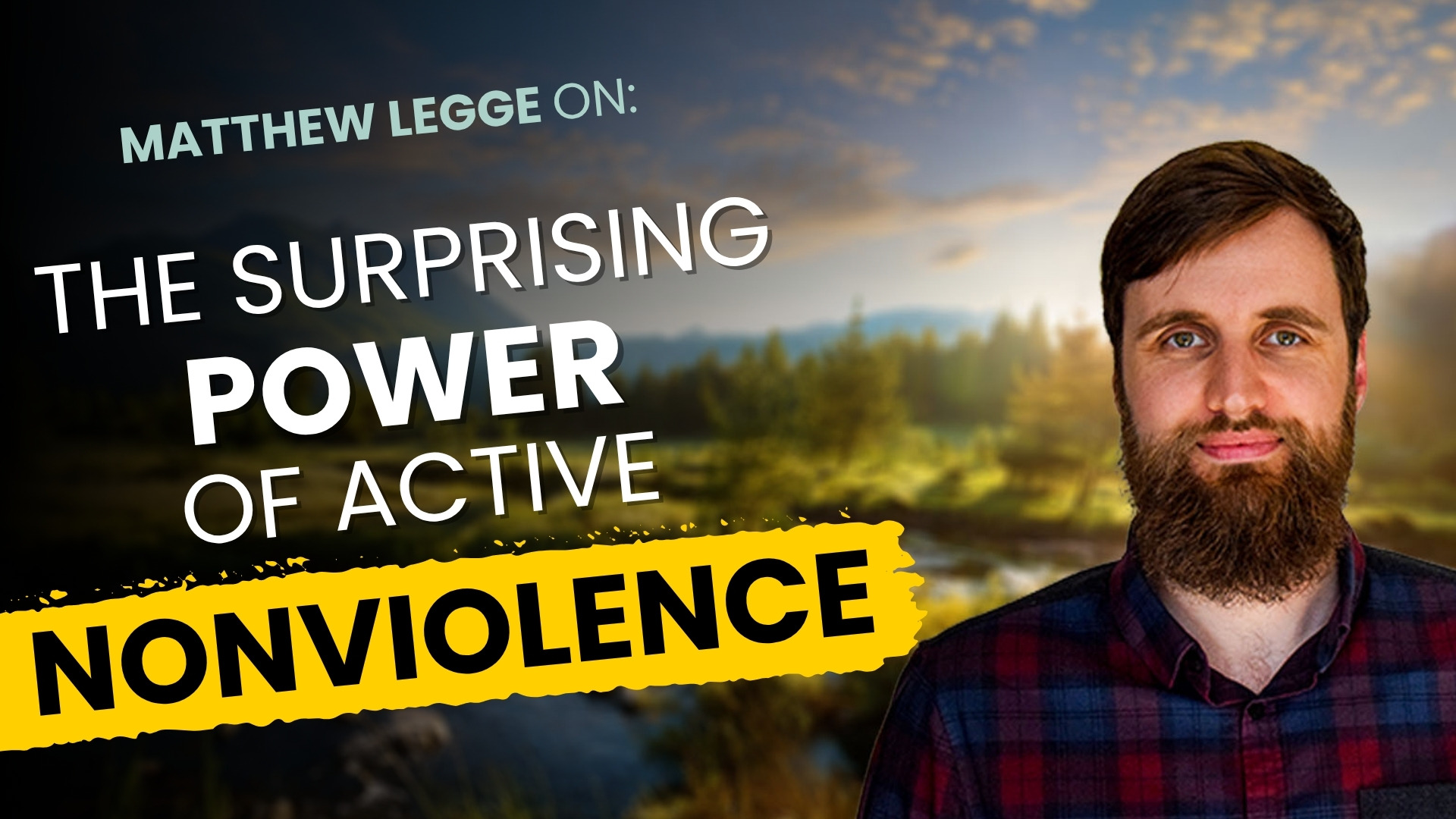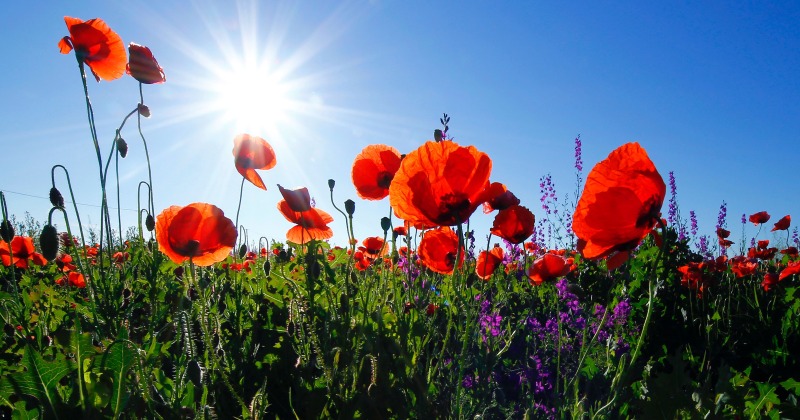Dr. Rick and Forrest explore the evolution of psychoanalysis after Freud, highlighting key ideas from figures like Adler, Klein, Winnicott, and Hillman.
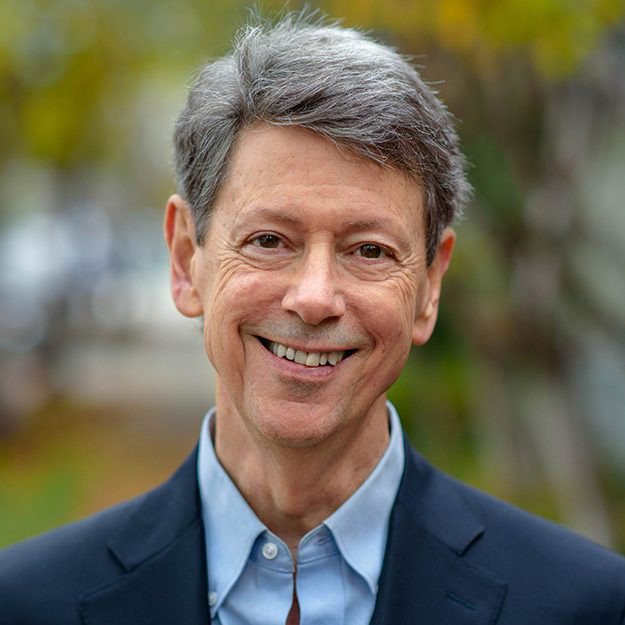
Rick Hanson
Author / Psychologist
Follow on:
Expertise
Biography
Rick Hanson, Ph.D. is a psychologist, Senior Fellow at UC Berkeley’s Greater Good Science Center, and New York Times best-selling author. His seven books have been published in 33 languages, and include Making Great Relationships, Neurodharma, Resilient, Hardwiring Happiness, Just One Thing, Buddha’s Brain, and Mother Nurture – with over a million copies in English alone. He's the founder of the Global Compassion Coalition and the Wellspring Institute for Neuroscience and Contemplative Wisdom, as well as the co-host of the Being Well Podcast – which has been downloaded over 25 million times. His free newsletters have over 260,000 subscribers and his online programs have scholarships available for those in need. He’s lectured at NASA, Google, Oxford, and Harvard. An expert on positive neuroplasticity, his work has been featured on CBS, NPR, the BBC, and other major media. He began meditating in 1974 and has taught in meditation centers worldwide. He and his wife live in Northern California and have two adult children. He loves the wilderness and taking a break from emails.
Articles
Talk + Meditation: Why We Suffer—and How to Stop Adding to the Pain
Learn how to face life’s changes and challenges without adding extra suffering, using Buddhist wisdom and practical tools for inner peace.
Lower the Pressure
The pressure activates motivational circuits but has inherent collateral damage. Pressure activates ancient motivational circuits that were very effective in keeping our ancestors alive but even at best, there is an inherent collateral damage.
Being Well Podcast: Reclaiming Anger: Trauma, Repression, and Healthy Protest with Elizabeth Ferreira
Forrest and associate therapist Elizabeth Ferreira talk about healthy (and unhealthy) anger.
Talk + Meditation: How to Feel Lived by Love
Discover how to feel supported by life and “lived by love.” Shift from striving to receptivity, deepen trust, and bring compassion into every moment.
Lived By Love
Encourage love in all its forms to flow through you. Implicitly, and more fundamentally, this practice means a relaxed opening into the love – in a very very broad sense – that is the actual nature of everything.
Being Well Podcast: Psychoanalysis: Therapy’s Controversial Origins
Dr. Rick and Forrest explore the ideas, context, and legacy of psychoanalysis, the often-controversial origin point for modern therapy.
Talk + Meditation: Compassion, Kindness, Joy, and Equanimity
How to balance effort and letting go in meditation and life. Explore compassion, joy, equanimity, and inner peace with Dr. Rick Hanson.
Hug the Monkey
Hug the monkey inside yourself helps satisfy an innate human need for connection can remedy old pain and provides that fundamental human sustenance: love.
Being Well Podcast: Is Self-Help Making You Miserable?
Dr. Rick and Forrest explore what’s really wrong with the self-help industry, going beyond the obvious pseudoscience and snake oil to examine deeper structural issues.
Talk + Meditation: The Surprising Power of Active Nonviolence
Discover how active nonviolence offers a powerful, practical path to transform conflict, foster connection, and create real change—without fueling more harm.
Give Over to Good
Give over to good and let this good be your guiding principle. Just One Thing Newsletter.
